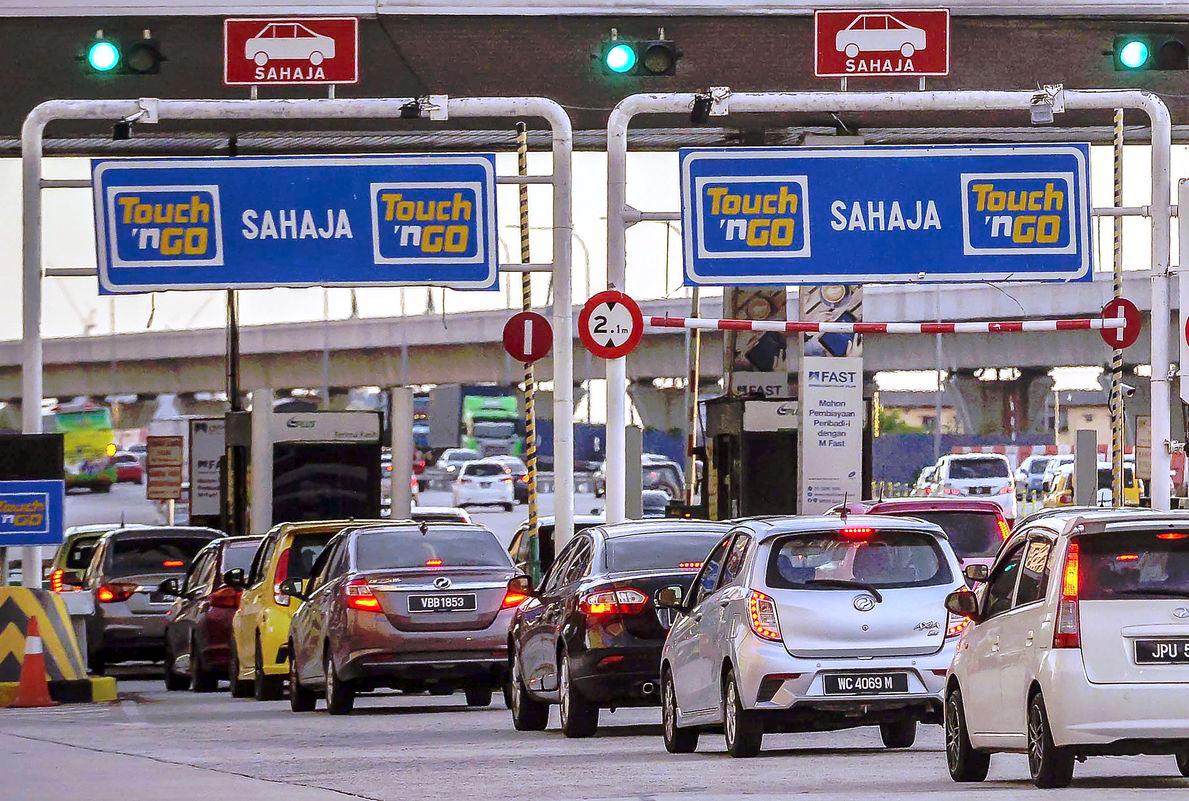KUALA LUMPUR: The implementation of the Multi-Lane Free Flow (MLFF) toll collection system will not involve any financial implications for the government, Deputy Works Minister Datuk Seri Ahmad Maslan said.
He said the initiative is part of a new direction set by the Works Ministry (KKR), which was presented to the Cabinet on July 25.
Ahmad said this also allows related service provider companies to negotiate and deal directly with the 33 existing highway concession companies on a business-to-business (B2B) basis to enable its implementation.
“For example, PNB Prolintas is currently carrying out proof of concept, testing or trials at the Alam Impian Toll Plaza on the Kemuning–Shah Alam Expressway (LKSA) in collaboration with Touch ‘n Go and CIMB.
They have installed gantries and equipment to test the implementation of MLFF at the location,” he said during the question-and-answer session in the Dewan Rakyat today.
He was responding to a question from Shaharizukirnain Abd Kadir (PN-Setiu) regarding the status of the MLFF toll collection system targeted for 2025, as well as improvements such as the use of Radio Frequency Identification (RFID) to ensure the effectiveness of the new system.
To a supplementary question from Yusuf Abd Wahab (GPS–Tanjong Manis) regarding the Works Ministry’s efforts to address the issue of toll evasion when the MLFF system is implemented, Ahmad said that RFID technology and Automatic Number Plate Recognition (ANPR) will be used at MLFF lanes.
“Anyone who fails to pay toll at MLFF lanes will definitely be tracked, as we will capture the licence plate numbers that pass through the gantries... meaning those who do not pay will certainly be identified and issued a notice.
“Possibly in the future, certain enforcement methods may be introduced, such as being unable to renew road tax, and so on. Those are among the measures that may be implemented once MLFF is rolled out,” he said.
On improvements to the RFID system, he said the Malaysian Highway Authority (LLM) under KKR continuously monitors the performance of existing RFID lanes, ensuring that highway operators conduct fine-tuning more frequently.
“This is to ensure that the RFID system in the lanes is enhanced, while also increasing user awareness about maintaining sufficient balance when using the toll plazas,” he added. - Bernama









